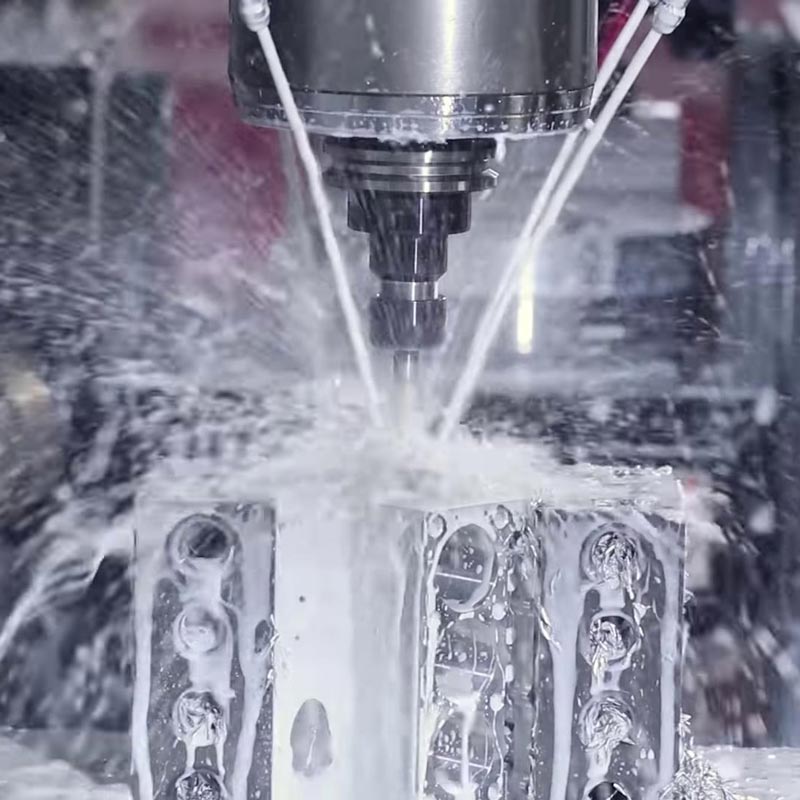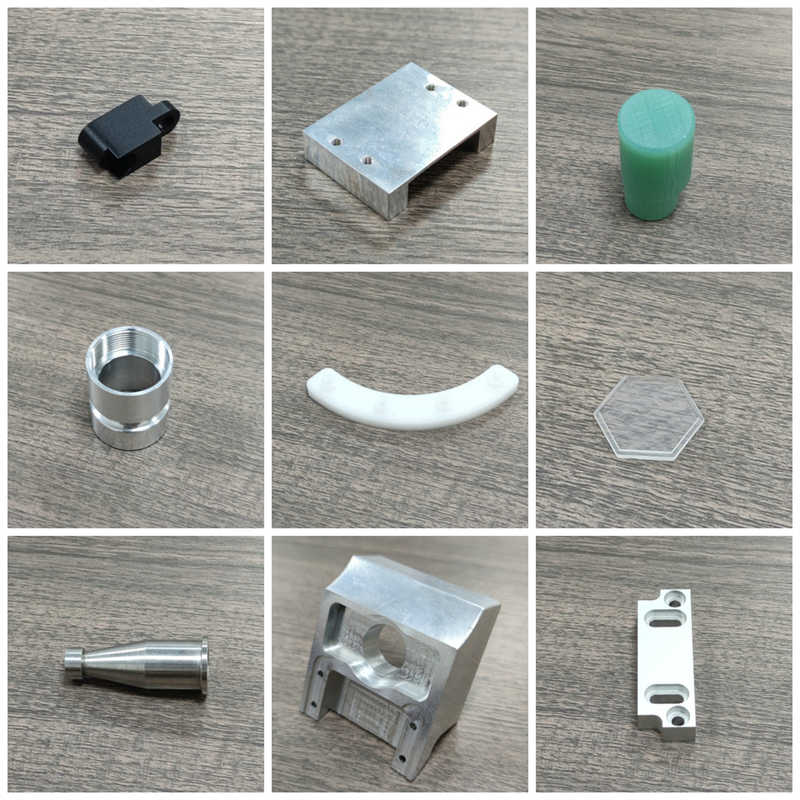Introduction
CNC machining is a manufacturing process that involves the use of computer-controlled machines to create parts with precision and accuracy. This technology has revolutionized the way parts are made and has made it possible to create complex shapes and geometries that were once impossible to produce with traditional machining methods. In this article, we will explore how CNC machining is used for complex geometry and specialized parts.

CNC Machining for Complex Geometry
One of the main advantages of CNC machining is its ability to create complex geometries with ease. With traditional machining methods, creating complex shapes was a time-consuming and labor-intensive process that required multiple machines and skilled operators. With CNC machining, a single machine can perform multiple operations and create a part with extreme precision and accuracy.
The use of CAD (Computer-Aided Design) software allows engineers to design parts with complex geometries and shapes that can be easily programmed into CNC machines. This means that even the most intricate designs can be created with ease, without the need for manual input or intervention.
CNC machines can create parts with a high degree of accuracy and precision, resulting in a superior end product. These machines can be used to create parts that have multiple planes and angles, making them ideal for creating parts that have complex geometries. With their ability to create complex shapes, CNC machines are used in a variety of industries, including aerospace, automotive, and medical.
CNC Machining for Specialized Parts
CNC machining is also commonly used for creating specialized parts that are difficult or impossible to produce with traditional machining methods. This includes parts that require tight tolerances, unique shapes, and intricate details.
One of the key advantages of CNC machining is its ability to produce parts in large quantities with consistent quality. This is particularly important for specialized parts that require a high degree of accuracy and precision. CNC machines can produce parts with the same specifications over and over, ensuring that every part is identical in shape and size.
CNC machines can be used to create specialized parts for a variety of industries. For example, in the aerospace industry, CNC machines are used to create components for aircraft engines and landing gear. In the medical industry, CNC machines can be used to create parts for surgical instruments and medical implants. In the automotive industry, CNC machines can be used to create parts for engines, transmissions, and suspension systems.

CNC Machining and Materials
CNC machining can be used with a wide range of materials, including metals, plastics, and composites. This makes it a versatile manufacturing process that can be used for a variety of applications. With the ability to work with a wide range of materials, CNC machining is ideal for creating specialized parts for a variety of industries.
CNC machines can work with a variety of materials, including aluminum, brass, copper, steel, titanium, and various plastics. The use of different materials allows manufacturers to create parts with unique properties and characteristics. For example, the use of titanium can create parts that are lightweight and strong, making them ideal for aerospace and medical applications.
Conclusion
CNC machining has revolutionized the way parts are made, making it possible to create complex geometries and specialized parts with ease. With the ability to work with a wide range of materials and create parts with extreme precision and accuracy, CNC machining is a versatile manufacturing process that is ideal for a variety of applications. Whether you need to create a complex part with intricate details or a part with unique shapes and tolerances, CNC machining can help you achieve your manufacturing goals.
